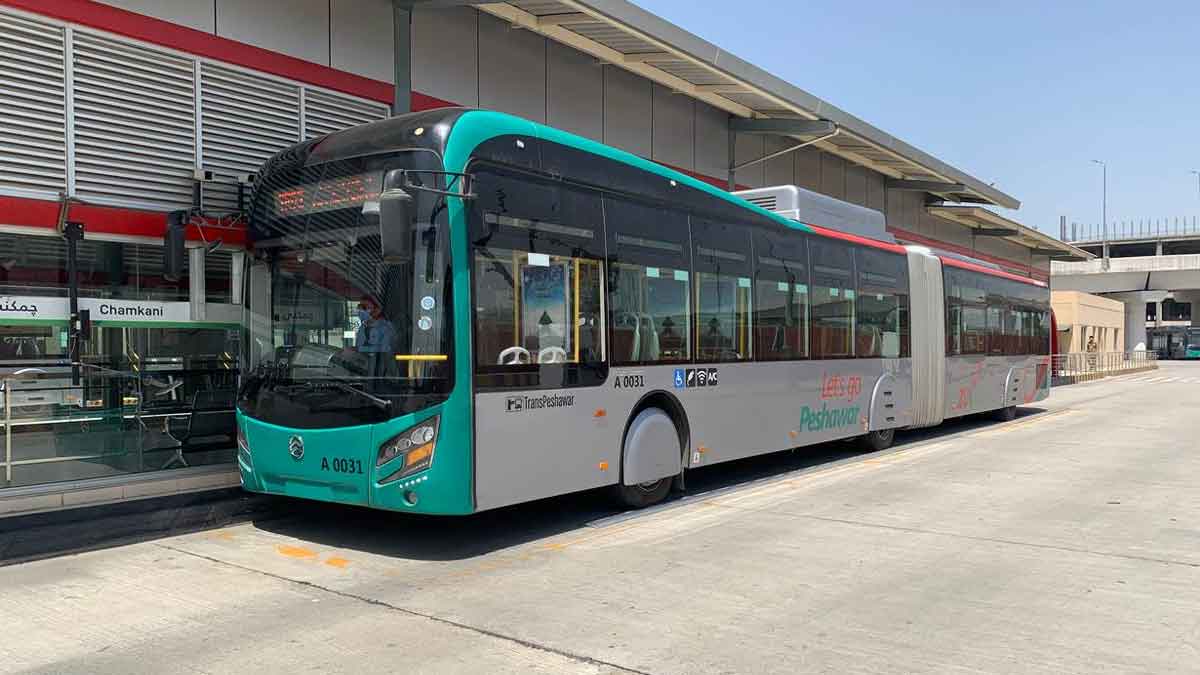Peshawar’s Bus Transit system is teetering on the brink of closure due to the government’s non-payment to five private companies managing varied components of the public transport service.
Among the companies impacted is Daewoo Pakistan, the operator of a 244-bus fleet serving about 300,000 commuters daily in the provincial capital. The company’s unpaid dues from the government have surged from Rs. 450 million to Rs. 750 million.
Four other companies are also demanding a total of Rs. 300 million from the government for their services rendered. On June 1, Daewoo management made a fresh appeal to the provincial government, expressing concerns over their ability to maintain the bus service amidst the financial crunch.
Despite having raised the issue with the government on several occasions, the most recent appeal being to the caretaker Chief Minister Mohammad Azam Khan, the company’s arrears have swelled to Rs. 754 million, encapsulating several months’ worth of invoices.
These pending funds are vital for procuring diesel, lubricants, parts, and for managing costs like electricity and salaries. The contract necessitates prompt payment to meet these obligations, however, delays could potentially culminate in the bus service’s suspension.
Read More: Pink Buses Turn a New Leaf: Aiding Female Students in Peshawar Colleges
TransPeshawar, the entity tasked with managing the province’s mass transit, has failed to settle the required payments despite repeated requests. Although it holds over Rs. 450 million in its accounts, the company has yet to clear the arrears.
According to another official, payments have been deferred without any substantial reasons, contrary to the contract’s terms which mandate the clearance of approximately 90% of submitted invoices within 10 days.
Such persistent delays present a formidable challenge for the affected companies, which conventionally rely on bank credit lines to meet short-term liabilities. If the issue of unpaid dues isn’t addressed imminently, the Peshawar bus service may come to a halt, disrupting the daily travel of thousands who depend on this public transportation.



























